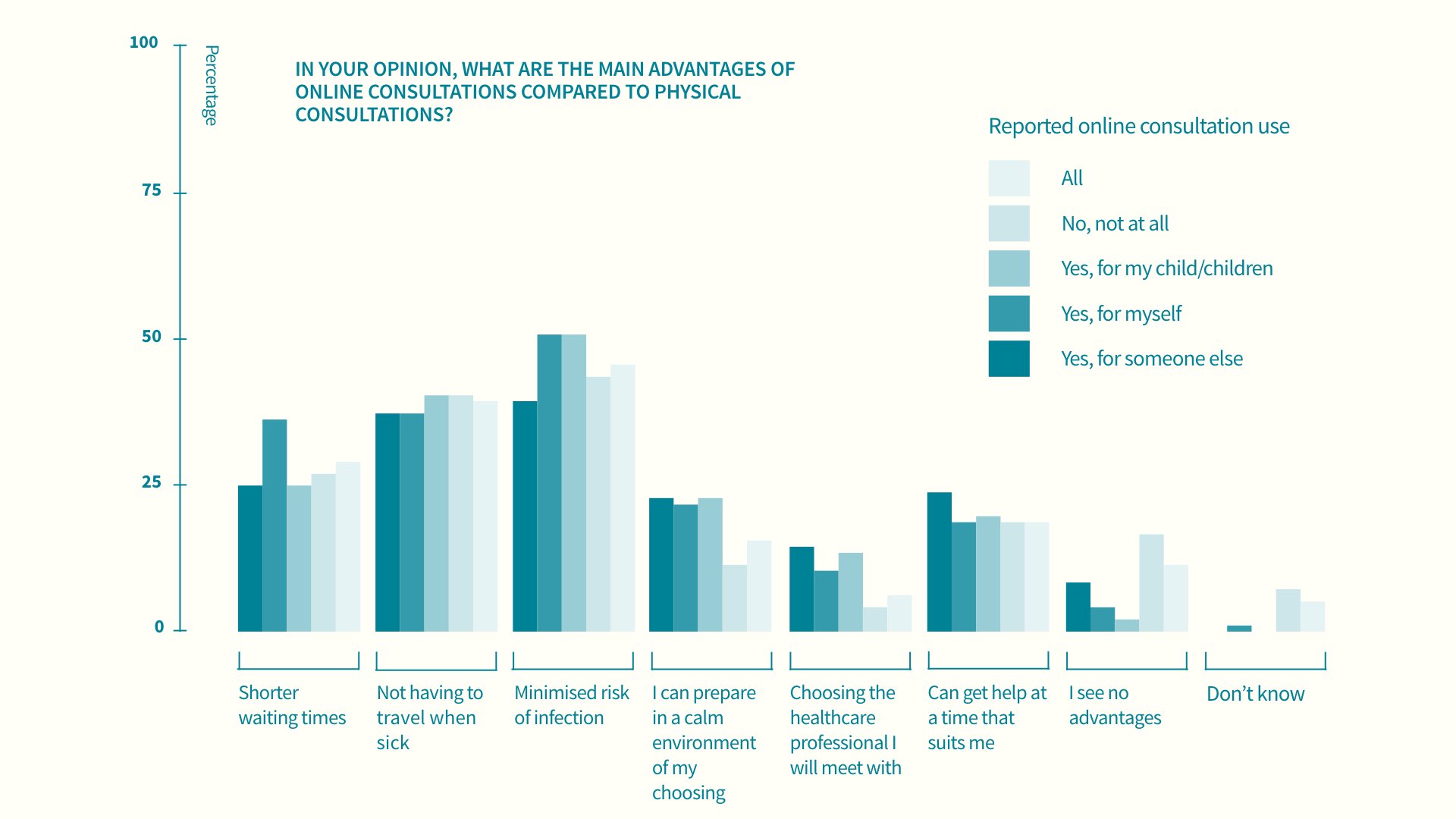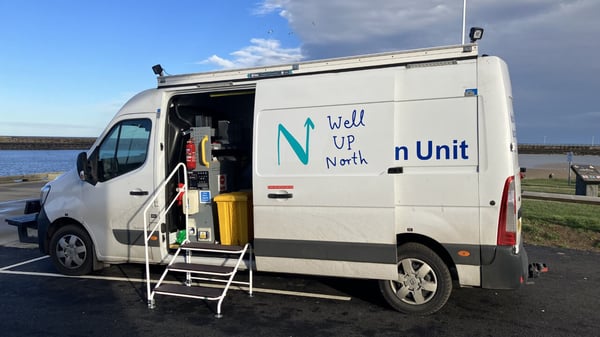The pandemic itself has pushed the NHS to its capacity, however, the NHS people, as well as the population, know very well that this is not the end. People need treatment for many conditions other than COVID-19, which makes the NHS backlog grow every day to unmanageable levels. This backlog cannot be managed with the same ways and processes as before – for the nation’s health to stabilise post-COVID, the patient pathway needs to undergo a full transformation, towards speed, efficiency, and minimal obstacles.
While there has been a setback in the business-as-usual healthcare activities, the strongest weapon in the NHS’s arsenal is the progress made because of, and during the pandemic. The COVID-19 pandemic has highlighted the importance of a healthy population, which can greatly improve the outcomes of disease. Improving access to healthcare and reducing waiting times is likely to have a positive effect on the nation’s overall health, and online consultations and digital tools could play a major role in this.
Turning a crisis into an opportunity
In our latest report Digital transformation for everyone: Ensuring more adults experience the benefits of NHS online consultations, we noted that 1 in 6 people over 50 (3.6 million people) reported having hospital treatments cancelled, 1 in 10 were unable to visit or speak with their GP, and 14% of those over 50 requiring GP care did not contact these services during spring 2020 – indices that these cases can transform into avoidable harms.
On the flip side, the survey responses pointed out a positive groundwork for accelerated digital transformation:
- 28% of respondents said their use of online consultations increased during the pandemic.
- 34% of all respondents reported feeling more positive towards online consultations as a result of COVID-19.
- Over two thirds (68%) of the same group said they feel as safe and comfortable with having one online as a physical one.
- 61% of those who had attended an online consultation in the last six months felt equally satisfied with the quality of care they would receive online.
- 89% of our respondents see advantages in online consultations.

These responses only prove that patients are ready for a major uptake. As we look to the future it will be critical to evaluate what works, what doesn’t, and what will facilitate the greatest long-term impacts.
What are patients requesting?
In our survey, we asked the respondents which pathways they would like to be offered. Around one in three respondents felt that services would be improved by offering more appointment timeslots (29%) and being able to book appointments directly with a specialist (28%). This would not only help patients get their treatment faster, but it would also relieve some pressure on GPs, who currently process referrals. About one in four respondents who had an online consultation in the last six months said that they would like to see more providers offering online consultations.
All this highlights the fact that patients are keen to take control of their own health by choosing from appointments offered at different times, speaking directly to a specialist and having more providers offer online consultations. It also highlights the importance of implementing solutions that can support digitalisation of care across the entire care pathway rather than just at discrete points and in separate healthcare services. After all, when the objective is patient-centric care and our entire system is moving towards that direction with Sustainable Transformation Partnerships, it is only logical that the digital patient pathways are in place for the entire care journey, regardless of who the care provider is.
Where should digital health be heading?
While the pandemic has presented the NHS with a myriad of challenges, it has also created an opportunity to rethink our approach to healthcare. Looking beyond the pandemic, during which online consultations have become a necessity to minimise infection, there are definite long-term logistical and economic benefits in shifting partly to online appointments.
At this point, some adults are missing out on care. Online consultations have the potential to fill a significant gap in their access; the solution lies in utilising platforms that are appealing, accessible and can have real impact across the entire patient pathway. Knowing that people feel more positive about online consultations after having experienced them, offering an inviting solution to them and having a workforce of healthcare providers who are also on board and able to offer support and encouragement is critical.
We know there are benefits, we know there are people who could be using these appointments but aren’t, and we now need to fill that gap by implementing platforms that offer the complete package. If the NHS is to experience full digital transformation, it cannot only apply to younger people. With the health service looking to reset for what the future holds, online consultations are just one part of a larger, system-wide push for integration and innovation.
The challenge lies in ensuring that no one is left behind and building on what is working well to create a fully integrated system of digital care provision. Working in partnership with platform providers who can demonstrate a track record of success in patient satisfaction, white labelling, security, end-user engagement, and reliability across the entire patient pathway, is key to overcoming this challenge.


